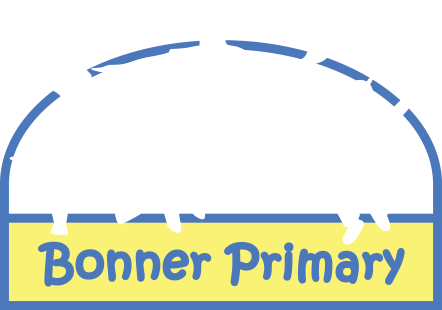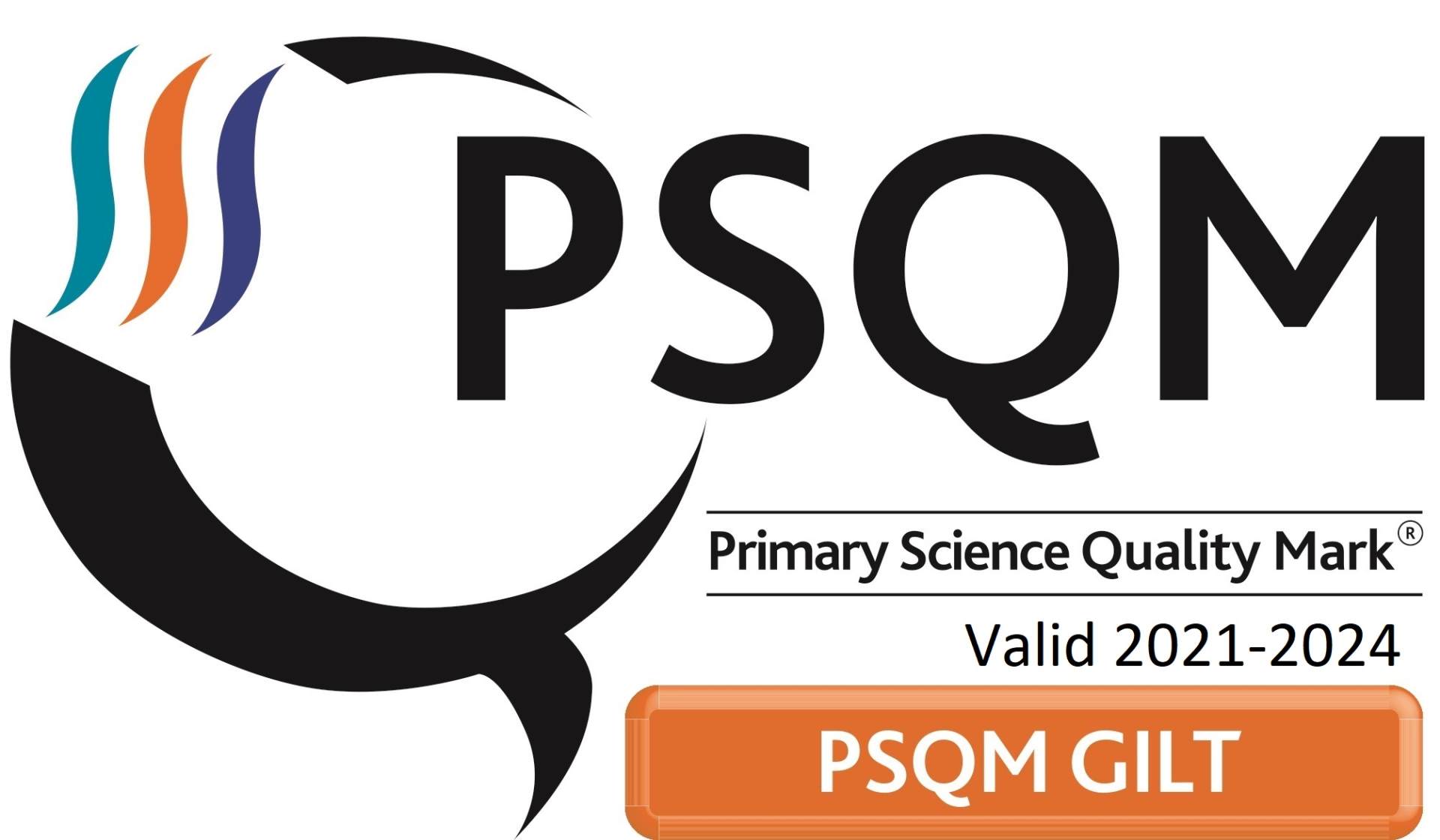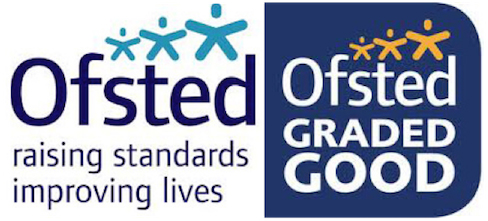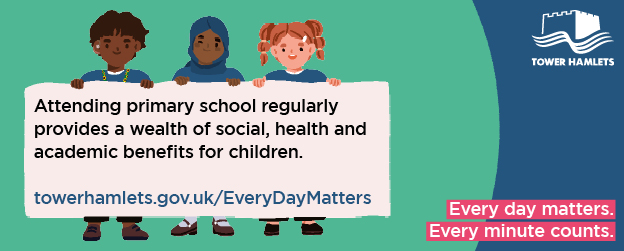Reading
Intent
 At Bonner Primary School, we believe that reading is at the core of our curriculum & fundamental to a child’s understanding of the world and is the key to unlocking new perspectives. Through reading, our children can explore beyond their immediate experiences, engage in diverse cultural contexts, and develop the vocabulary they need to express themselves with confidence. Our reading curriculum is designed to nurture a lifelong love of reading, helping children become thoughtful, independent readers.
At Bonner Primary School, we believe that reading is at the core of our curriculum & fundamental to a child’s understanding of the world and is the key to unlocking new perspectives. Through reading, our children can explore beyond their immediate experiences, engage in diverse cultural contexts, and develop the vocabulary they need to express themselves with confidence. Our reading curriculum is designed to nurture a lifelong love of reading, helping children become thoughtful, independent readers.
As part of our ethos, The Bonner Child embodies qualities of confidence, respect, and a love of learning, which are demonstrated through strong reading skills. We believe that everyone is a reader, and we foster this mindset by providing high-quality, diverse texts that reflect our children and the wider world. Children are encouraged to read frequently and widely, using self-regulation strategies to deepen their understanding. Through shared reading, home reading, whole-class discussions, and opportunities to hear quality texts read aloud daily, we develop fluent, enthusiastic, and critical readers.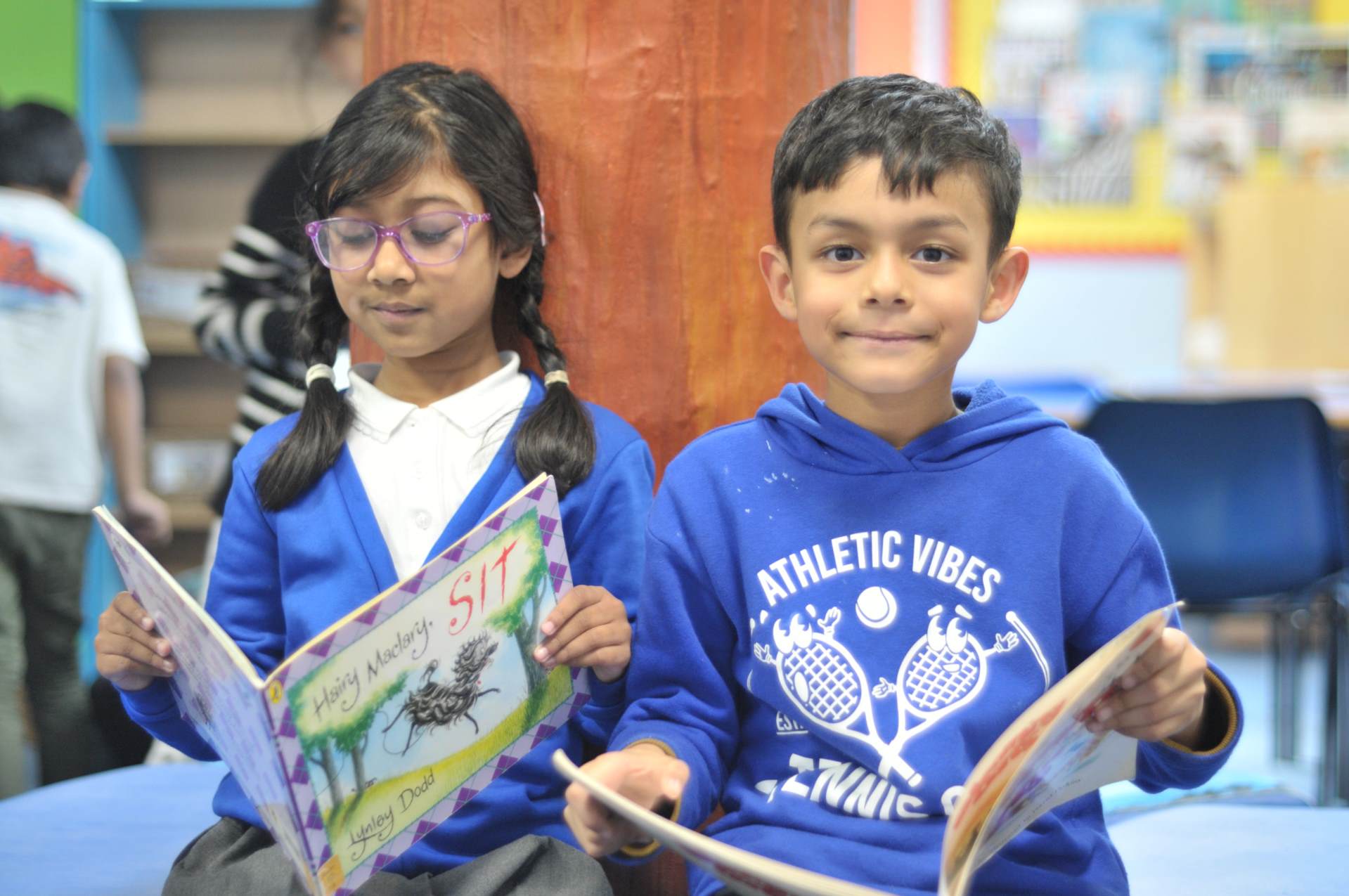
We emphasise the importance of reading at home, recognising that regular practice boosts fluency, stamina, and enjoyment. The connection between motivation to read and reading for pleasure is crucial, as it not only improves reading outcomes but also enhances overall learning and mental well-being. By fostering a love of independent reading, we aim to build communities of engaged readers.
Understanding the vital role parents and carers play, we work to establish a strong home-school partnership, equipping families with the confidence to support their children’s reading journey. At Bonner, reading sits at the heart of our curriculum, and we strive to integrate it not only into English lessons but across all subjects, promoting a love for reading in every aspect of school life.
The English curriculum ensures that by the time our children leave in Year 6, they will be able to:
- Encourage children to become enthusiastic and reflective readers by introducing them to high-quality books from a variety of cultures and in a range of different styles and formats.
- Develop children’s confidence, fluency, and independence when reading for different purposes.
- Enhance children’s abilities to reflect on and engage with what they have read and the language and punctuation choices made by the author.
- Ensure our children have sound phonemic awareness and use a phonics-first approach to reading.
- Read widely across the curriculum and retrieve information from non-fiction texts.
Implementation
We foster a culture of reading for pleasure by regularly providing opportunities for children to independently choose and engage with a wide range of high-quality books and texts for their enjoyment.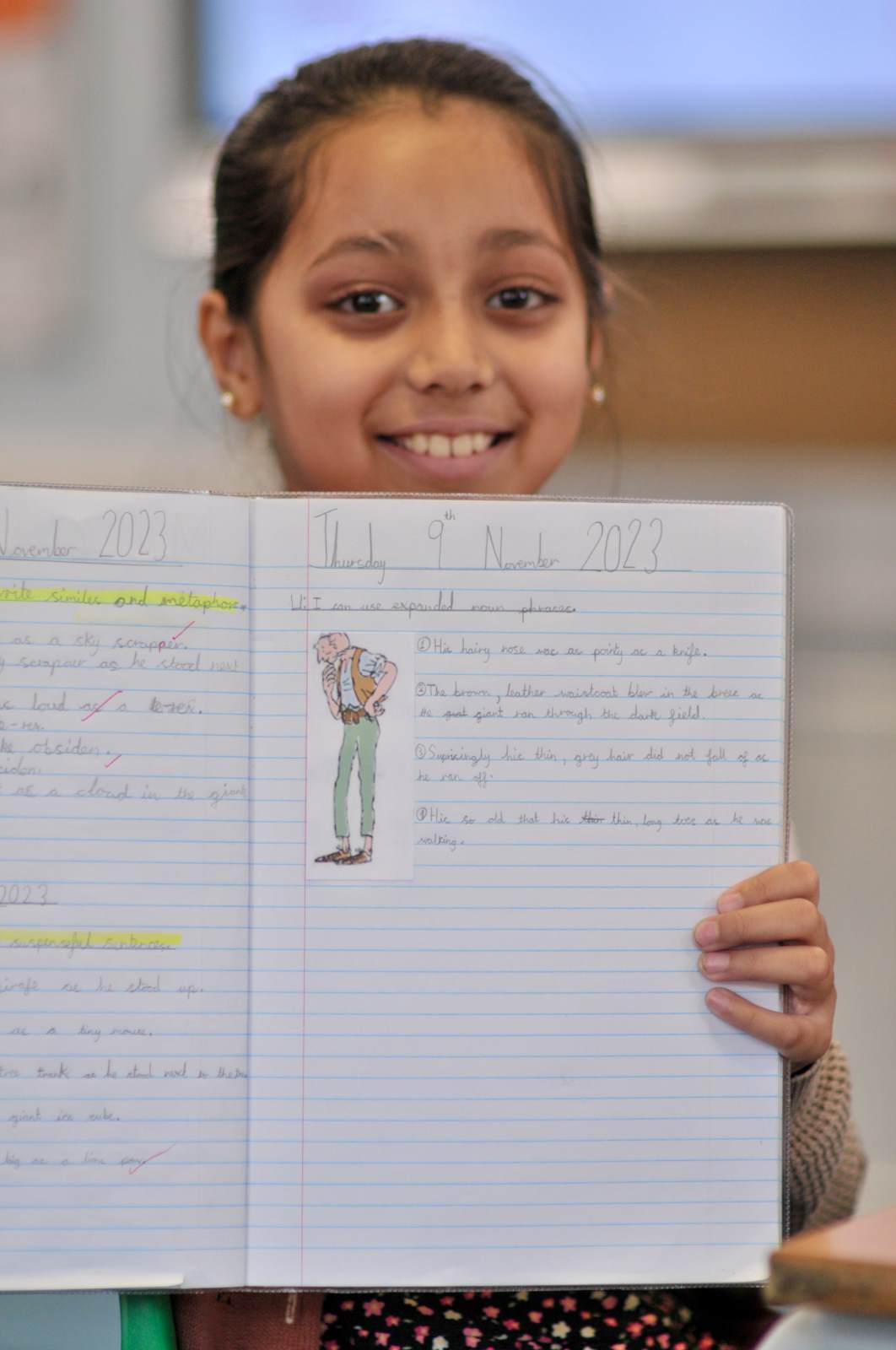
- In KS1, we place additional emphasis on fluency development, focusing on decoding skills and comprehension, which supports children in reading confidently and accurately.
- In KS2, Guided Reading is conducted five times a week, with each session lasting 40 minutes. This structured time is reflected in weekly overviews to ensure consistency and focus.
- KS2 classes read one high-quality text over the course of a half term (six texts per year), allowing for an in-depth exploration of the text’s themes, characters, and settings, encouraging detailed analysis and critical thinking.
- Teachers consistently model a positive attitude towards reading, demonstrating enthusiasm and a love for literature in the classroom.
- Children participate in regular library sessions where they learn to treasure, cherish, and respect literature, instilling a sense of responsibility and reverence for books.
- Where necessary, an adapted version of the same text is provided for pupils who need additional support, ensuring accessibility for all learners.
- Daily storytime introduces children to new, challenging texts, offering teachers daily opportunities to model reading aloud with expression and engagement, making complex literature accessible and enjoyable.
- Our teaching approach develops pupils' skills in both word reading and language comprehension, with a clear understanding that each requires a different instructional method to achieve fluency and comprehension.
- Comprehension skills are enhanced through rich discussions with teachers, alongside reading and analysing a range of stories, poems, and non-fiction texts, helping pupils deepen their understanding and engage thoughtfully with the material.
- We encourage all pupils to read widely across fiction and non-fiction, helping them expand their knowledge of themselves and the world around them, fostering both an appreciation for reading and an understanding of its relevance to other areas of the curriculum.
- The teaching of speaking and listening plays a crucial role in building the comprehension skills required for fluent reading, as discussions and verbal expression deepen understanding.
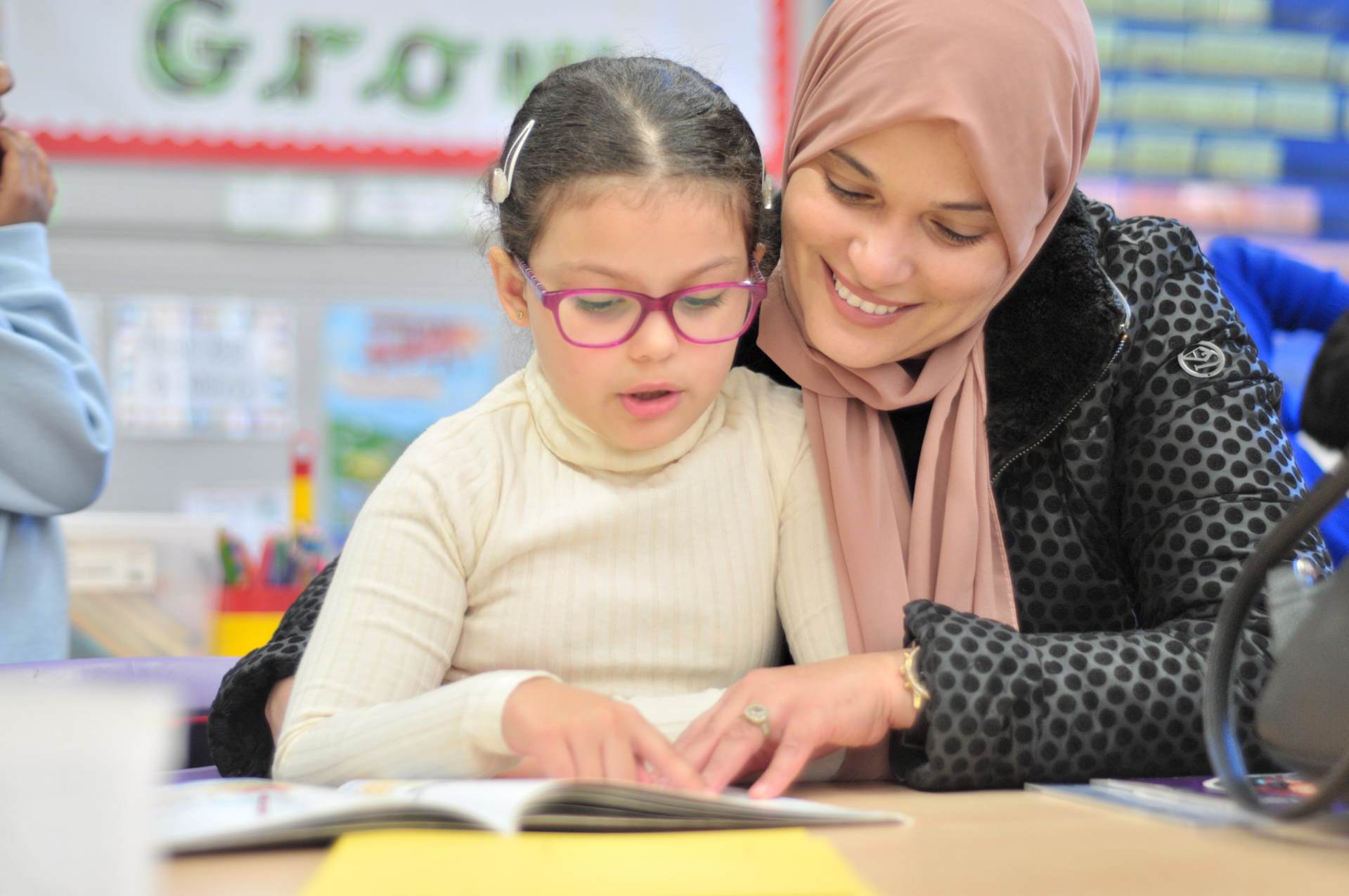
Impact
Once children can proficiently comprehend a variety of texts, they partake in termly reading comprehension tests where teachers analyse and identify individual targets that address gaps in their understanding and/or application.
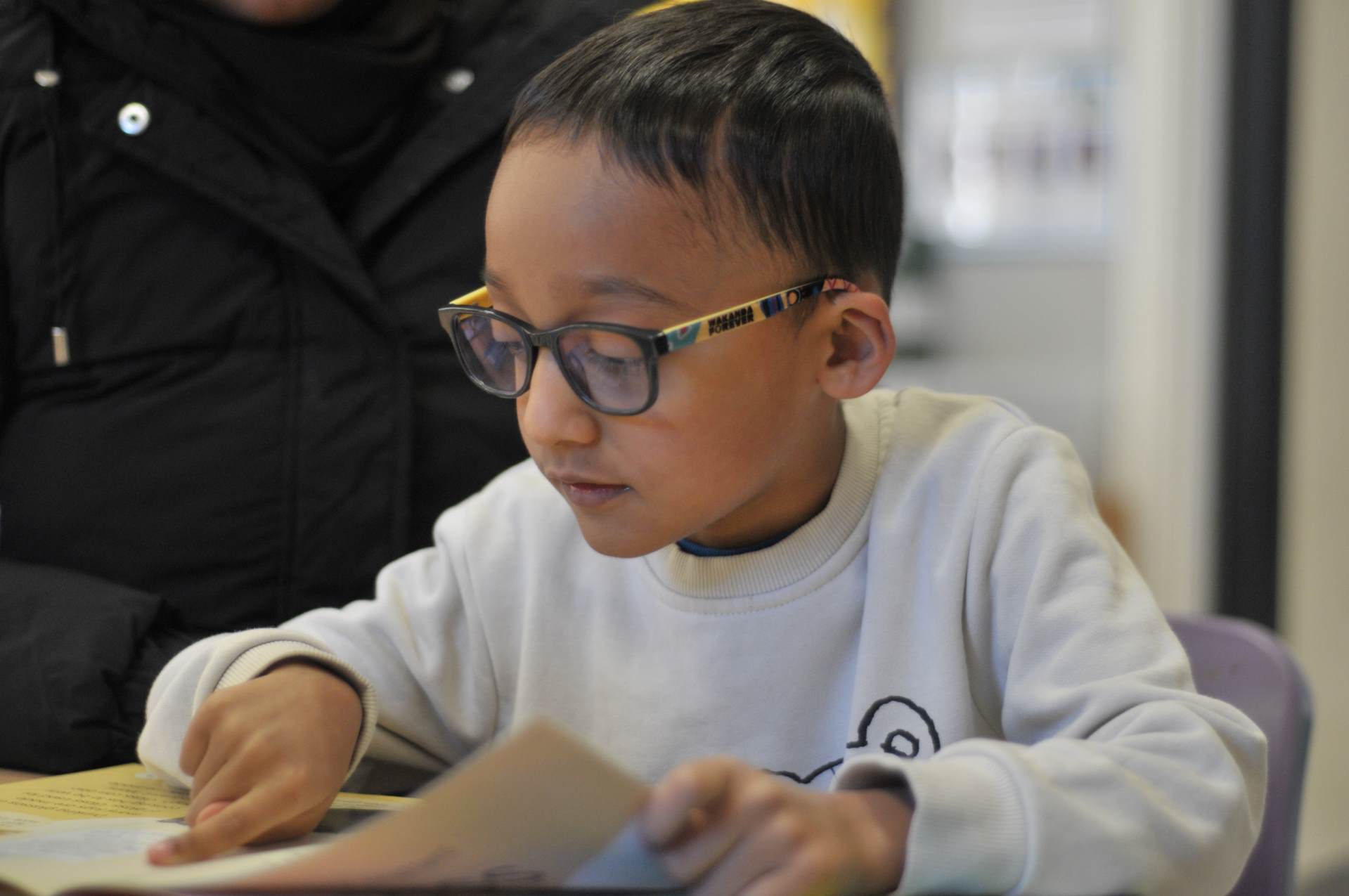
Exposure to a wide range of high-quality children’s literature will ensure that children also develop culturally, intellectually, emotionally, and socially.
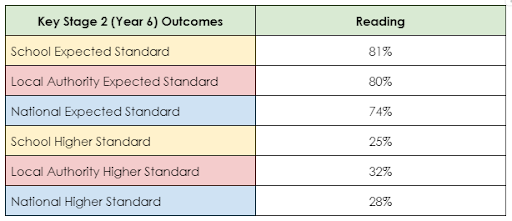
Reading Overview
Progression of Skills
Reading Skills:progression of skills reading docx.pdf
VIPERS Skills:

